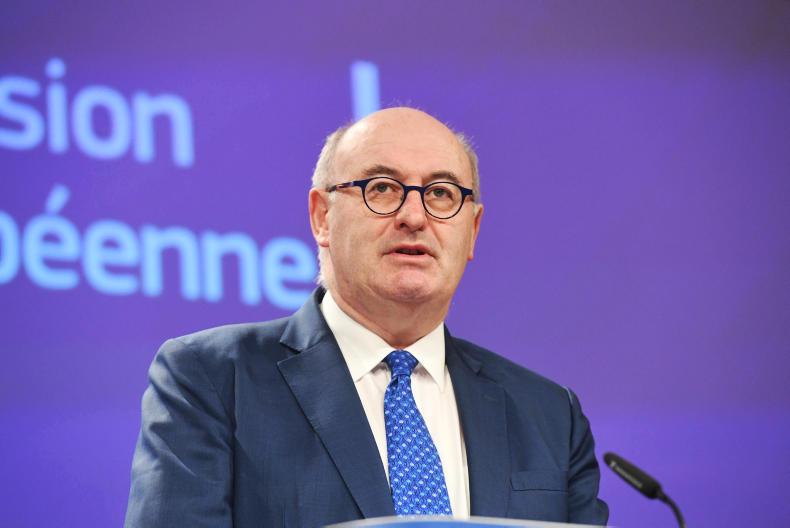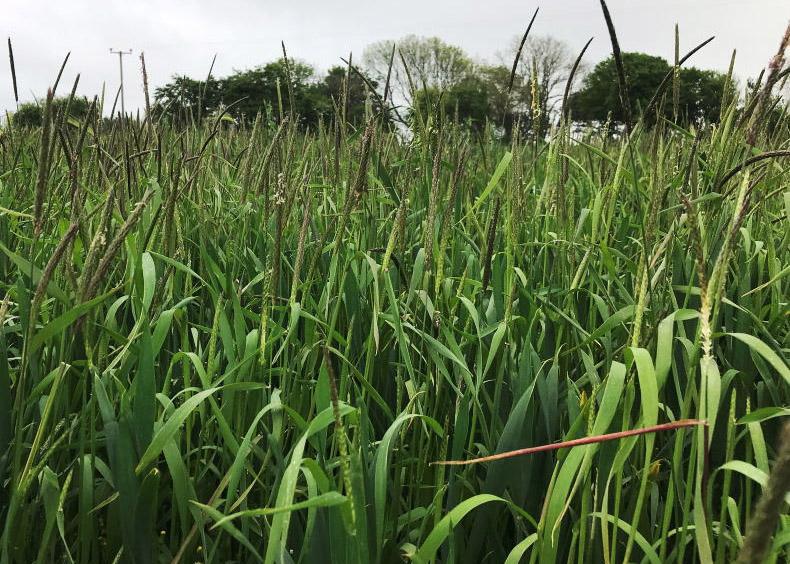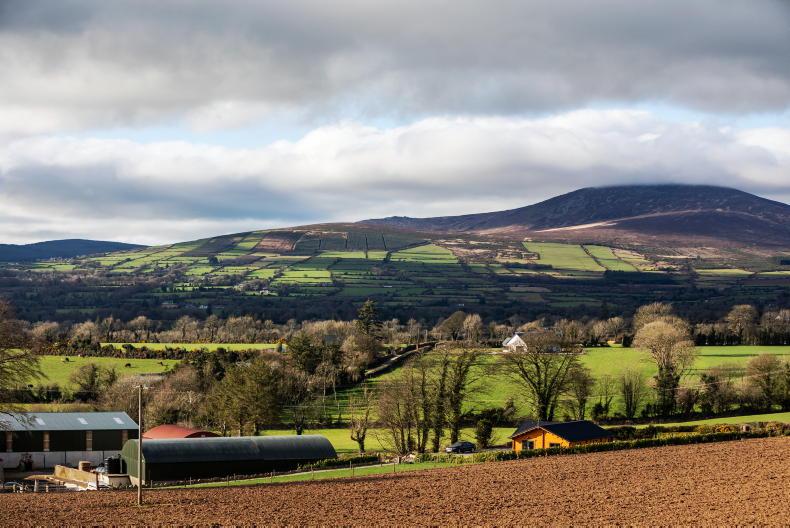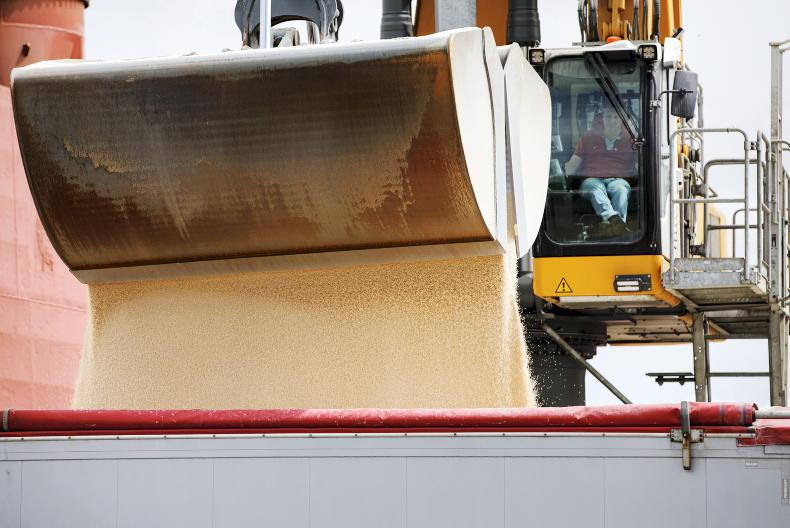European Commissioner for Agriculture Phil Hogan was upfront about the concessions made on beef to favour other sectors in the trade agreement secured with Mercosur countries on Friday, but vowed to protect food safety and environmental standards and to compensate affected farmers.
"I can understand that there's a lot of worry in terms of the deal," Commissioner Hogan told RTE's Countrywide programme on Saturday.
"We have conceded in the European Union on beef, because we've had to made some concessions on agricultural products to get the €6bn in savings in industrial sales over the line, but we've gained in the dairy sector."
Trade is a two-way process
He contrasted the extra 99,000t of South American beef to be allowed into the EU at reduced duty rates "in seven or eight years' time" with equivalent gains in other recent trade deals, with 65,000t of EU beef allowed into Japan and 40,000t into Mexico.
"Trade is a two-way process," he said, adding that his role in recent negotiations had been to "limit the damage" for European beef, poultry and sugar farmers.
The Commissioner linked the upcoming €100m rescue package for Irish beef farmers, presented as compensation of recent Brexit-related losses, to the Mercosur deal.
"I’d prefer we didn’t have to concede on particular kg on beef because farmers in the beef sector are going through a lot of difficulties. But we have provided some cushion for them in the €100m package. Equally I have secured a €1bn package in the event of market disturbance and we have to ensure that we have common standards in relation to food coming into the European Union from the Mercosur Countries," he said.
Food safety standards
The deal, which has yet to be published, includes a sanitary and phytosanitary section, a food safety section and an environment section.
"Standards in relation to food safety, the climate agreement, the precautionary principle and the environment have to be safeguarded and if President Bolsonaro of Brazil wishes to follow Mr Trump in pulling out of the Paris agreement, then this agreement falls," Commissioner Hogan said.
"Member states would not approve this deal if there was going to be in any way dilution of protections that are required on the environment and in climate issues."
He confirmed that the Mercosur trade deal falls under the category that requires ratification from 35 national and regional authorities in the EU and the European Parliament, indicating that Ireland may have the power to veto the agreement.
However, as is the case with the recent CETA agreement with Canada, the European Commission can implement most measures provisionally while waiting for ratifications.
Read more
Mercosur trade deal agreed
€1bn fund to help European farmers adjust to Mercosur deal
Mercosur and beef prices: what will happen?
Mercosur: bad for farmers, good for Hogan
Minister Creed ‘very disappointed’ 99,000t beef quota included in Mercosur deal
European Commissioner for Agriculture Phil Hogan was upfront about the concessions made on beef to favour other sectors in the trade agreement secured with Mercosur countries on Friday, but vowed to protect food safety and environmental standards and to compensate affected farmers.
"I can understand that there's a lot of worry in terms of the deal," Commissioner Hogan told RTE's Countrywide programme on Saturday.
"We have conceded in the European Union on beef, because we've had to made some concessions on agricultural products to get the €6bn in savings in industrial sales over the line, but we've gained in the dairy sector."
Trade is a two-way process
He contrasted the extra 99,000t of South American beef to be allowed into the EU at reduced duty rates "in seven or eight years' time" with equivalent gains in other recent trade deals, with 65,000t of EU beef allowed into Japan and 40,000t into Mexico.
"Trade is a two-way process," he said, adding that his role in recent negotiations had been to "limit the damage" for European beef, poultry and sugar farmers.
The Commissioner linked the upcoming €100m rescue package for Irish beef farmers, presented as compensation of recent Brexit-related losses, to the Mercosur deal.
"I’d prefer we didn’t have to concede on particular kg on beef because farmers in the beef sector are going through a lot of difficulties. But we have provided some cushion for them in the €100m package. Equally I have secured a €1bn package in the event of market disturbance and we have to ensure that we have common standards in relation to food coming into the European Union from the Mercosur Countries," he said.
Food safety standards
The deal, which has yet to be published, includes a sanitary and phytosanitary section, a food safety section and an environment section.
"Standards in relation to food safety, the climate agreement, the precautionary principle and the environment have to be safeguarded and if President Bolsonaro of Brazil wishes to follow Mr Trump in pulling out of the Paris agreement, then this agreement falls," Commissioner Hogan said.
"Member states would not approve this deal if there was going to be in any way dilution of protections that are required on the environment and in climate issues."
He confirmed that the Mercosur trade deal falls under the category that requires ratification from 35 national and regional authorities in the EU and the European Parliament, indicating that Ireland may have the power to veto the agreement.
However, as is the case with the recent CETA agreement with Canada, the European Commission can implement most measures provisionally while waiting for ratifications.
Read more
Mercosur trade deal agreed
€1bn fund to help European farmers adjust to Mercosur deal
Mercosur and beef prices: what will happen?
Mercosur: bad for farmers, good for Hogan
Minister Creed ‘very disappointed’ 99,000t beef quota included in Mercosur deal










SHARING OPTIONS